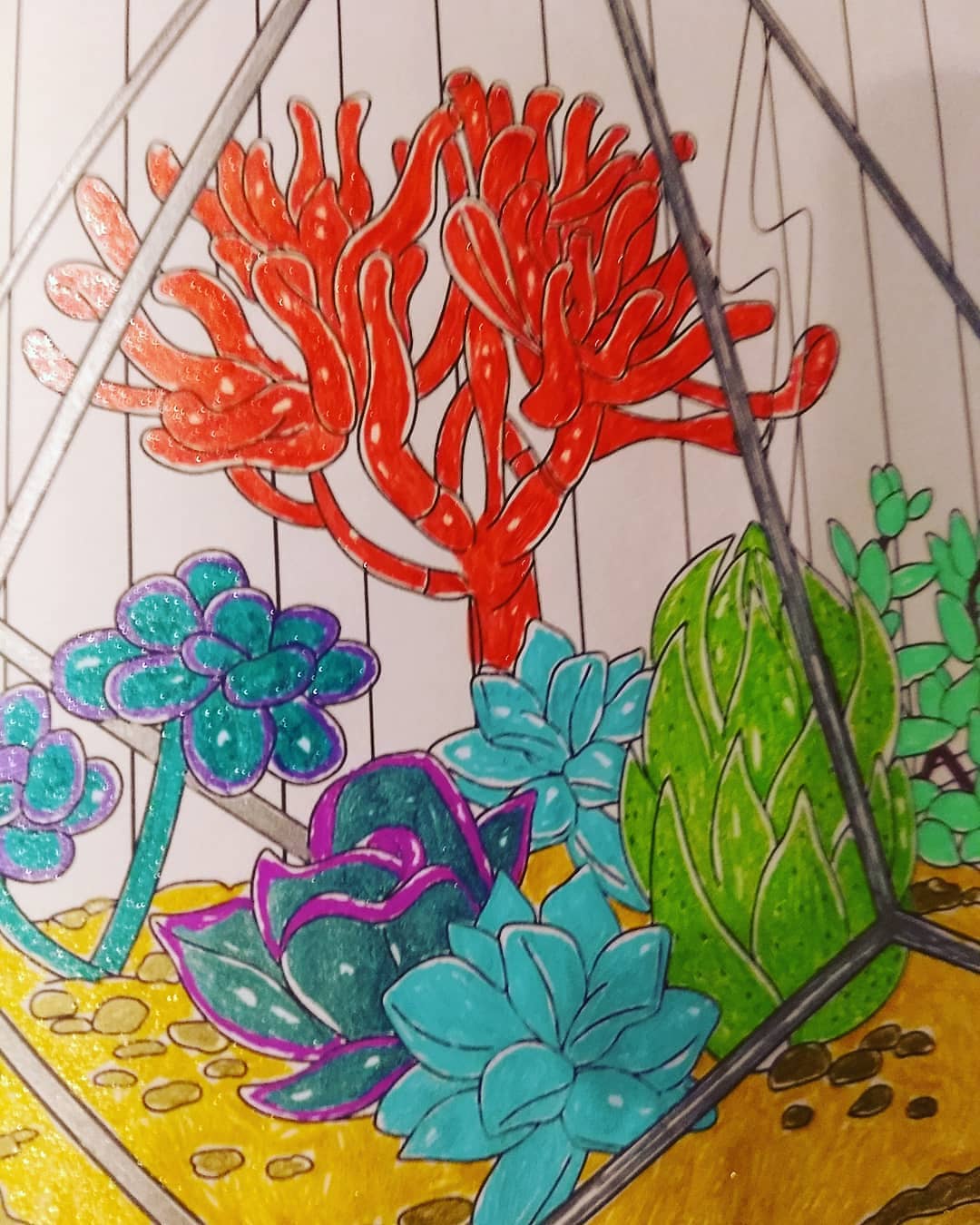The only thing better than getting an ARC of a highly anticipated read is finding out that it basically lived up to and/or exceeded all of your expectations. YES, DADDY is a wildly daring book that aspires to be so many things, and sometimes books that are that ambitious only partially succeed or fail at everything, but not this time. In fact, I wouldn't be surprised if this ends up becoming one of the most talked about books of the summer when it comes out in May.
While reading YES, DADDY, I kept thinking about another book I read, MY DARK VANESSA. Both books are written for the #MeToo age and feature victims of abuse as the leads who don't always behave in the ways that society expects of its "model victims." Reading through some of the criticisms for this book actually made me think about MDV a lot, because after experiencing something like these characters did, I imagine all you really want to do is survive and sometimes survival means putting distance between yourself and your drama by any means necessary, even if it means sacrificing others, pushing people away, or becoming an unreliable narrator in your own narration so you can make your own story more palatable to yourself.
The less you know about this book going in, the better, but the basic summary is this: Jonah is a young gay man with an evangelical background who has been estranged from his parents for years. He's a waiter, a struggling playwright, and, yes, a little shallow, but mostly because he has big dreams and he's young and he's operating by a playbook that's much bigger than anything he could possibly come up with. When he meets Richard, an older man and a successful playwright in his own right, sparks fly and Jonah finds all of his problems are neatly solved for the first time in his life.
Only.
Only.
Things aren't as neat as they seem. Which Jonah finds out firsthand as the book swan dives into a steeply neo-Gothic setting that is reminiscent of Daphne DuMaurier, only so much more messed up. In the reclusive Hamptons, strange things happen at night, and the waitstaff are oddly subdued and cagey. And suddenly, lines that once seemed starkly defined suddenly become horribly, incontrovertibly blurred-- until they're not even there at all anymore, because there's nothing left to cross. And maybe not even in the way you're thinking, either, as this is a book that explores ethics, morality, and cancel culture in a really bold and thorough way, picking apart how we dictate who gets to suffer and how, and what the consequences are for those who exploit their power to predate on the weak.
This was just... so good. I can't believe it's a debut (which, again, makes me think of MY DARK VANESSA, because that book was also a debut that just blew everything out of the water). I do agree with others in that the last act isn't quite as compelling as the first 2/3 of the book, but I get why the author made some of the narrative choices that he did. Anyone who likes dark beach reads, glitzy thrillers, thoughtful criticisms of society, or just a really good story will enjoy this book a lot.
I can't wait to see what this author writes next.
Thanks to the publisher for sending me a copy in exchange for an honest review!
4.5 out of 5 stars





























